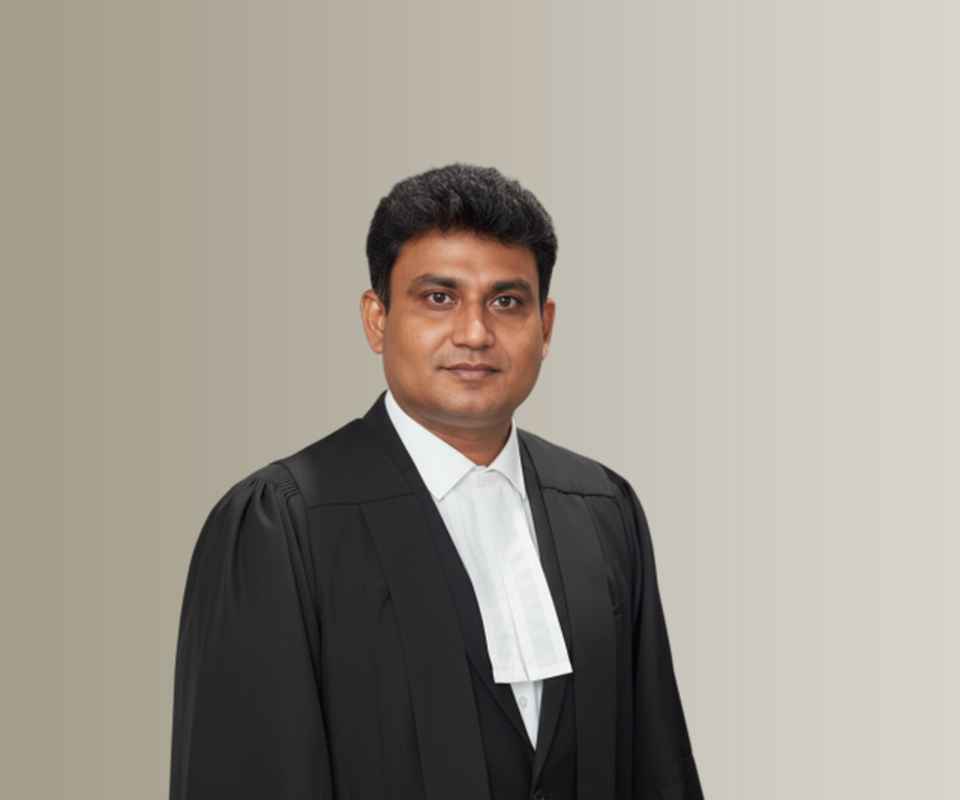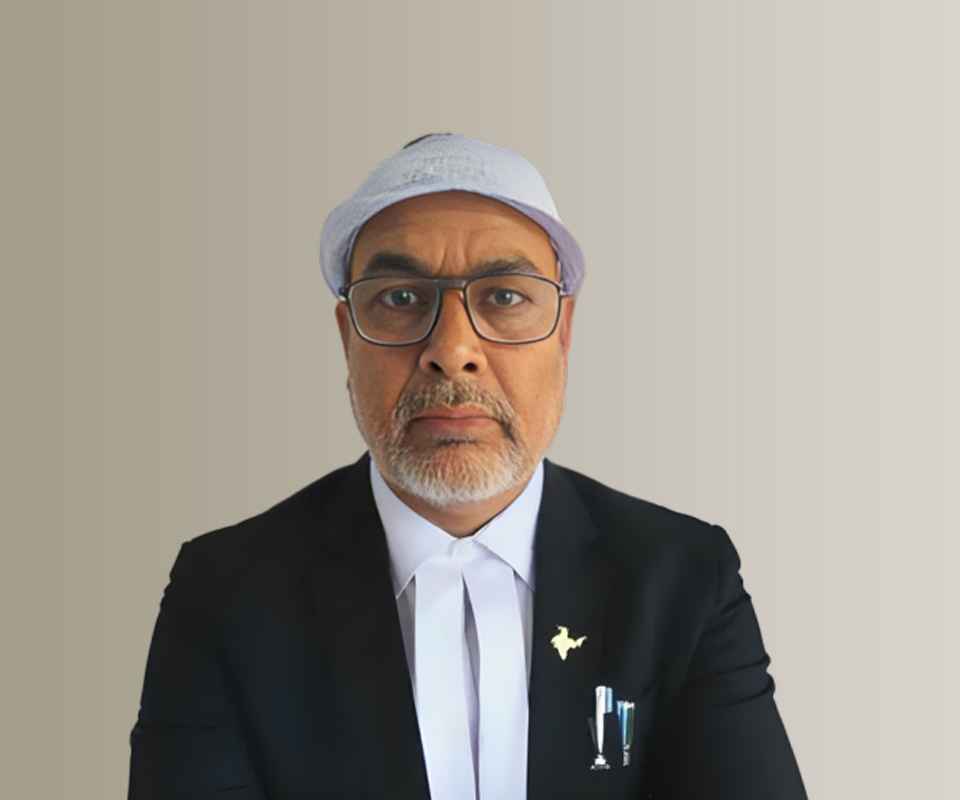Answer By law4u team
India, as a responsible member of the international community, integrates human rights protections within its extradition framework. While facilitating international cooperation in criminal matters, India ensures that individuals are not subjected to torture, unfair trial, or persecution. Both domestic laws and adherence to international conventions guide the safeguards in place during extradition proceedings.
How India Ensures Human Rights Protection in Extradition
Judicial Safeguards under the Extradition Act, 1962
- The Act mandates a judicial inquiry before surrendering any person, ensuring the accused has the opportunity to challenge the extradition request.
- Courts examine the evidence and the nature of the offence, including possible human rights violations.
- The accused can raise objections related to risk of torture, inhumane treatment, or political persecution.
Non-Extradition for Political Offences
India refuses extradition if the offence is primarily political, protecting individuals from persecution for their political beliefs or activities. This is a critical safeguard aligned with international human rights norms.
Consideration of Torture and Inhuman Treatment
India follows the principle of non-refoulement, refusing extradition where there is credible evidence that the person may face torture, cruel or degrading treatment. Courts rely on reports from human rights bodies and other credible sources.
Fair Trial Guarantees
Indian courts assess whether the requesting country can provide a fair trial to the accused. Extradition may be denied if there is a real risk of denial of due process or judicial impartiality.
Compliance with International Conventions
India’s extradition practices are influenced by its obligations under international human rights treaties, such as the Convention against Torture and the International Covenant on Civil and Political Rights (ICCPR). While India may not have ratified all treaties, it respects widely accepted human rights standards in its judicial process.
Diplomatic Assurances
In some cases, India may seek diplomatic assurances from the requesting country that the individual will not face torture or unfair treatment. Such assurances form part of the judicial consideration before extradition.
Right to Legal Representation and Appeal
The accused has the right to legal counsel during extradition hearings. Decisions can be challenged through appellate courts, providing multiple layers of review to protect rights.
Example
If a foreign government requests extradition of a political activist, Indian courts will thoroughly examine if the charges are politically motivated. If the court finds a risk of persecution or unfair trial, it can refuse extradition despite the treaty obligations, ensuring the activist’s human rights are protected.







